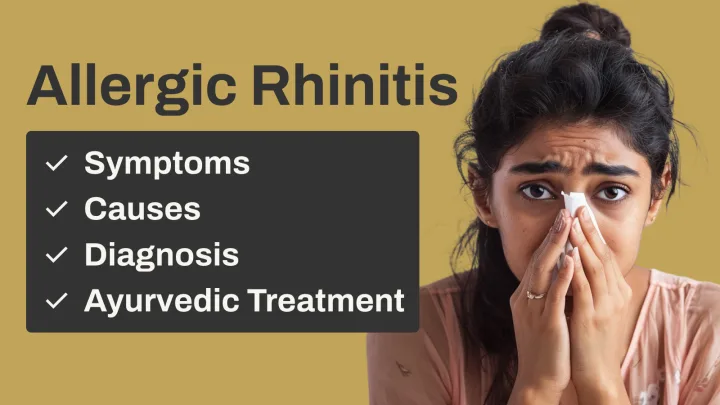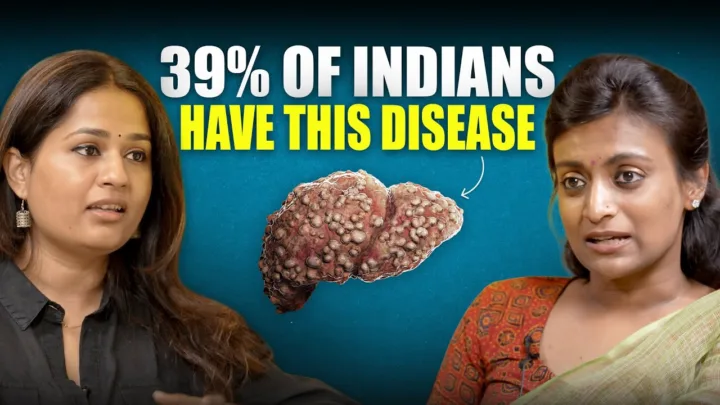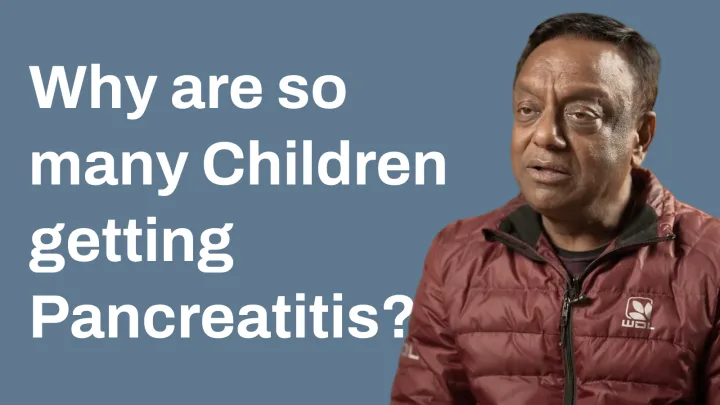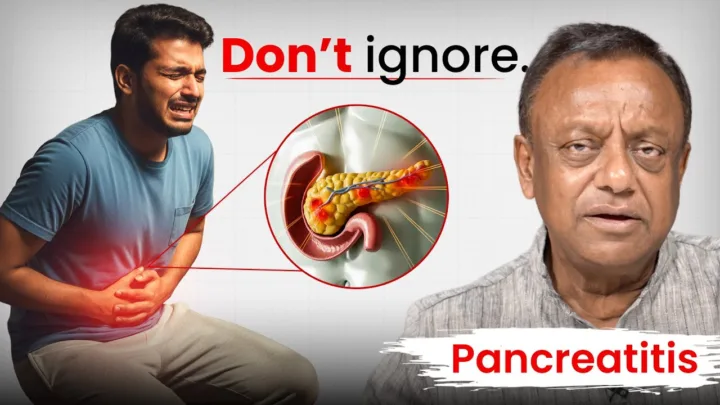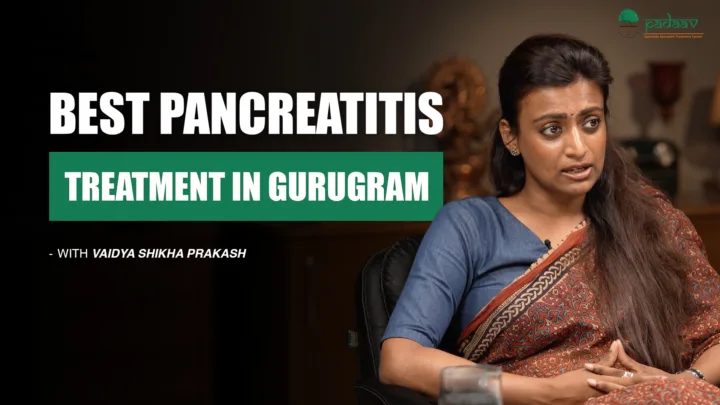Migraines are not just headaches; they are a debilitating condition that can significantly impact personal, professional, and social life. While it does not directly threaten life, it disrupts the quality of living in profound ways. As Ayurveda emphasizes, “all diseases begin in the gut,” and migraine is no exception. This blog delves deep into the understanding of migraines from both Ayurvedic and modern medical perspectives, shedding light on their causes, symptoms, and management strategies.
What is a Migraine?
Migraine is a recurring headache disorder that often presents with symptoms such as sensitivity to light and sound, nausea, and throbbing pain. Unlike a typical headache, migraines are characterized by specific patterns and triggers that make them a distinct clinical condition.
Symptoms of Migraine
- Recurring Headaches: Occurs multiple times a year, often with consistent symptoms.
- Duration of Pain: Lasts between 4 to 72 hours. Any headache outside this range may not qualify as a classic migraine.
- Pain Characteristics:
- Unilateral or Bilateral: Pain can be one-sided or both-sided.
- Pulsating Nature: Throbbing or pulsating pain.
- Intensity: Moderate to severe, often interfering with daily activities.
- Activity-Related Aggravation: Pain intensifies with physical activity.
- Associated Symptoms:
- Sensitivity to light (photophobia) and sound (phonophobia).
- Nausea or vomiting during the headache phase.
Diagnosis
Migraine diagnosis can often be self-assessed using a standard questionnaire created by the International Headache Society. Key diagnostic criteria include:
- At least five attacks per year.
- Duration of 4 to 72 hours per episode.
- Specific pain characteristics (as mentioned above).
- Confirmation of associated symptoms.
Exclusion of other causes like tumors or hypertension is essential for an accurate diagnosis.
Triggers and Aggravating Factors
- Lifestyle Factors:
- Skipping meals or long gaps between eating.
- Lack of proper sleep or irregular sleep patterns.
- Stress, both emotional and physical.
- Over-reliance on painkillers, leading to medication-overuse headaches.
- Environmental Triggers:
- Exposure to bright light or loud noise.
- Changes in weather or seasonal transitions.
- Physiological Factors:
- Menstrual cycle in women.
- Certain smells or air-conditioned environments.
- Urban Lifestyle:
- Urban populations report a higher prevalence due to hectic schedules, poor nutrition, and lack of mobility.
Ayurvedic Perspective
Ayurveda sees migraine as deeply connected to digestive health and lifestyle. Observations in migraine patients reveal a strong correlation with:
- Irregular eating habits.
- Poor sleep hygiene.
- Sedentary lifestyles with minimal movement.
The Ayurvedic approach involves diagnosing through pulse (nadi) examination and identifying root causes like stress, diet, and lifestyle.
Management and Treatment
Immediate Relief Measures
- Painkillers: Often the first line of defense, though they should be used sparingly to avoid dependency.
- Cold Compress: Applying cold packs to the head.
- Dark Room Rest: Lying in a dark, quiet room can alleviate symptoms.
- Topical Applications: Use of balms or oils.
Preventive Lifestyle Changes
- Routine Regulation:
- Fix sleep and wake times.
- Eat meals at regular intervals.
- Hydration and Nutrition:
- Avoid skipping breakfast.
- Include balanced meals with adequate hydration.
- Physical Activity:
- Incorporate movement into daily life to counter sedentary habits.
- Engage in light exercises or yoga.
Consultation with Specialists
- Consulting an Ayurvedic expert can help identify personalized triggers and appropriate remedies.
- Avoid self-medicating with over-the-counter painkillers to prevent long-term complications like gastritis or medication-overuse headaches.
Genetic and Demographic Insights
Scientific studies highlight a strong genetic predisposition for migraines:
- If one parent suffers from migraines, there’s a 50% chance the child will too.
- If both parents are affected, the likelihood rises to 75%.
Demographically, migraines are more prevalent in urban populations due to their stressful and fast-paced lifestyles, compared to rural settings where life is relatively slower.
Final Thoughts
Migraine is a multifaceted condition that requires a holistic approach for effective management. Addressing lifestyle factors, maintaining a healthy gut, and following a balanced routine are key to mitigating its impact. If you or someone you know suffers from migraines, prioritize consulting a specialist to develop a comprehensive treatment plan tailored to individual needs. Remember, small lifestyle adjustments can go a long way in managing migraines effectively.

